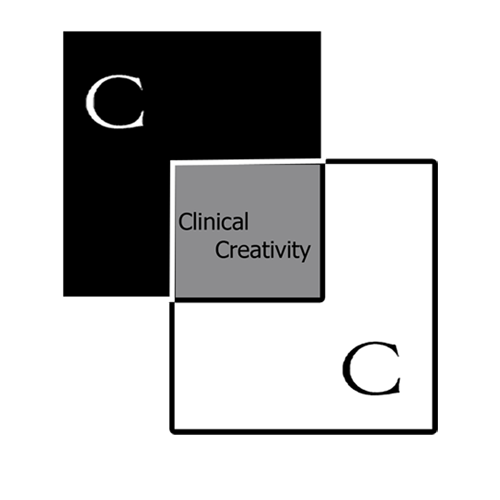Ok Shakespeare didn't say cells, but selves. The science of genetics would have us believe that the fault does reside in the cells and that as we progress our treatments will become personalised to match our genome.
The much talked about 23andme service is pretty much the vanguard of the genetic revolution for the fairly well off man/woman in the street, so as a prime example of the man/woman in the street I have completed and received the results of my personal genetic analysis.
Why did I do it?
Several reasons, firstly I'm a seeker after knowledge, secondly I'm a technophile, thirdly as a clinician I will be dealing with omics increasingly over the next twenty years and how better to understand and explain than to experience and explore?
What happened?
The mechanics are simple, spit in a tube, post it off and 6-8 weeks later the results appear as a link in your inbox.
What did I learn?
The results are fascinating, there's two parts, the historical evolutionary part, and the health part.
It turns out my ancestry is European. No surprise, but seeing my maternal lineage arising from Africa and paternal lineage arising in Asia is truly fascinating.
The health part was more concerning. There are dozens of traits, disorders and diseases that are screened. Some are expressed as associations with disease or characteristics, others are expressed as risks of development of certain conditions.
Thats where the General Practitioner will have an issue.
What do you say to someone discovering a risk for HOCM?
What do you say to somebody who receives a report saying they have a 20% risk of dementia by age 85?
Think about that for a moment. Imagine opening the report and seeing an "increased risk" of 20% dementia at age 85. How do you feel? Happy that's 80% not likely to have dementia? Determined to not live to 85? Shocked it's so low given your family history?
There may be a bit of everything. But who will you ask to set this in context?
I'm prepared to answer that question now. I'd say that the prevelance of dementia in the 85 year olds, is between 24 and 50% so having a 20% risk is not necessarily as bad as it may seem, and that an association does not always result in an actual disease.
However there are lots of conditions that I'm not prepared to answer at present. There's a lot of answers I need to find out to have sufficient knowledge to be an effective resource to my patients.
There's some fascinating stuff around effectiveness and medication, in my case I'm at an increased risk of statin related myositis, and also unresponsive to clopidogrel.
Who knows, at some point in the future that knowledge might come in useful.
So, I've done it, I'm preparing for the population to ask, I've experienced the process, I have knowledge of my cells, now it's time to reach for the stars.
